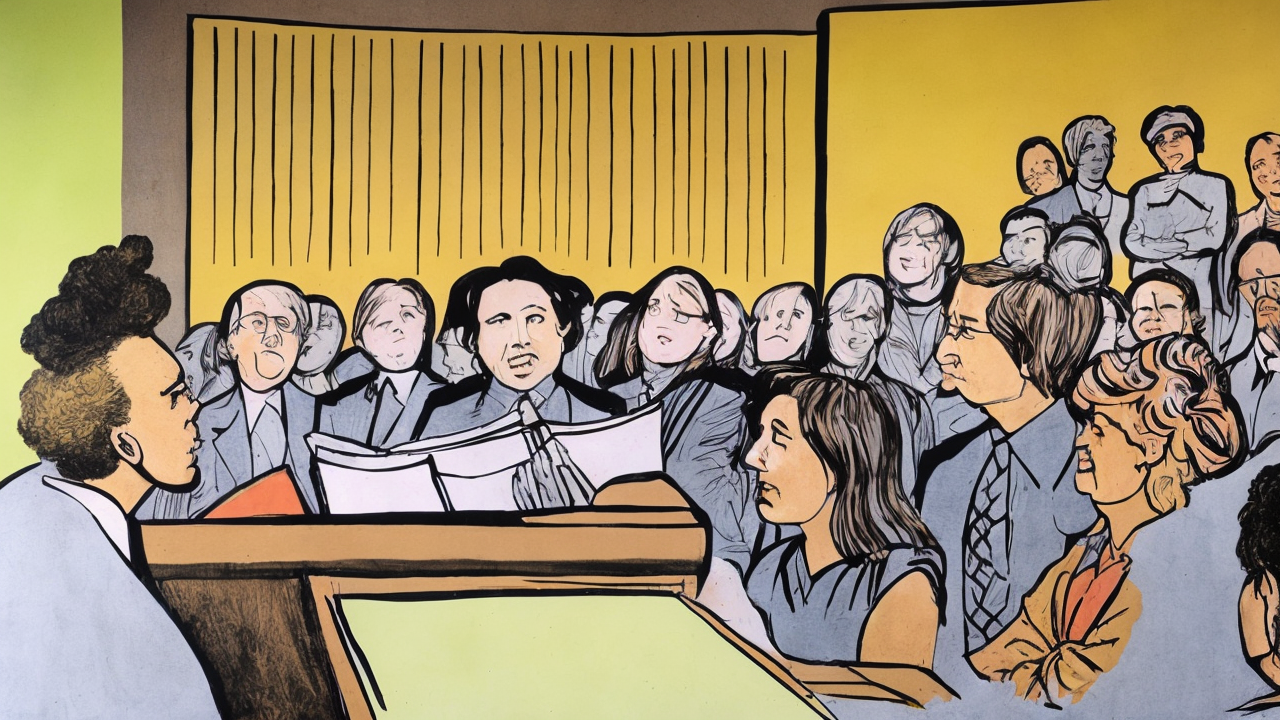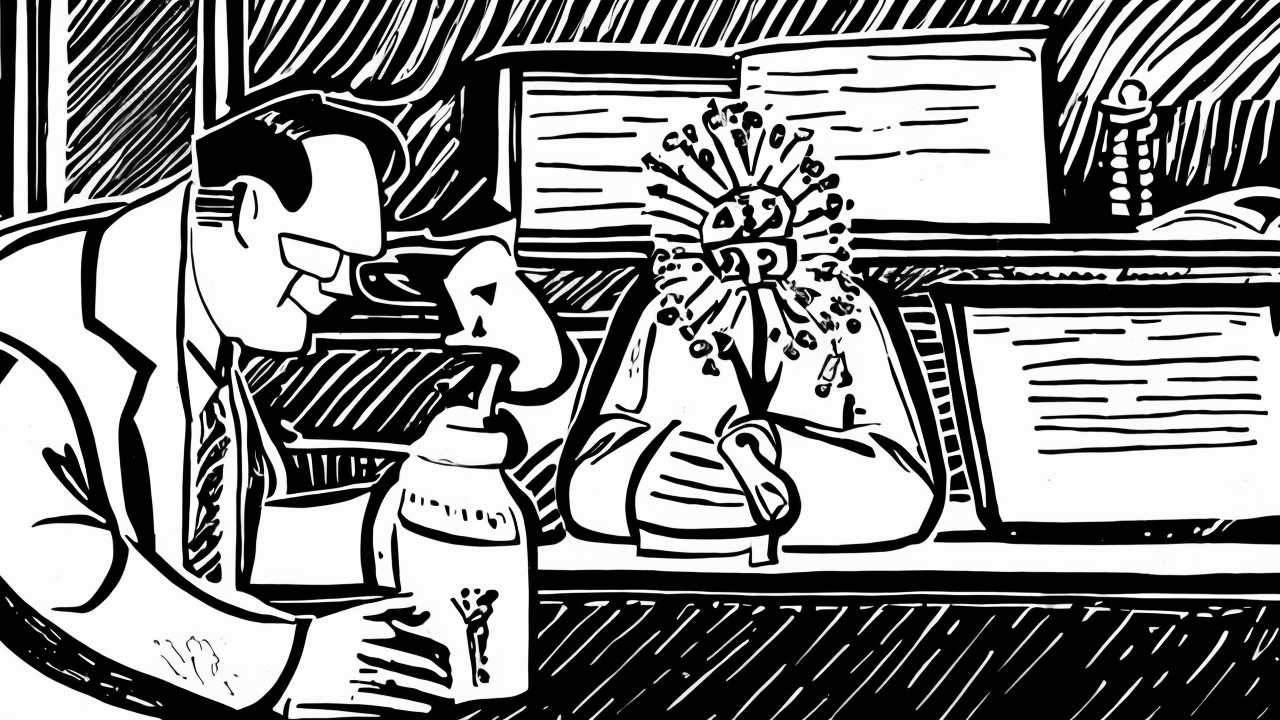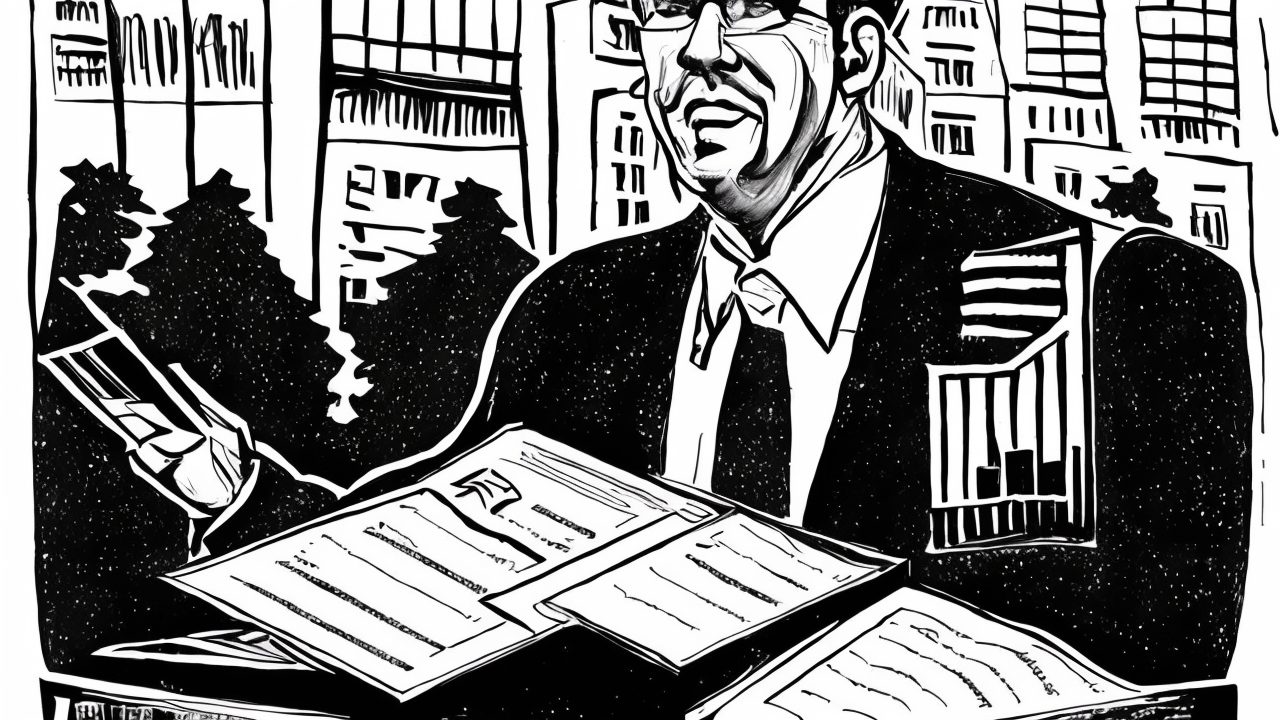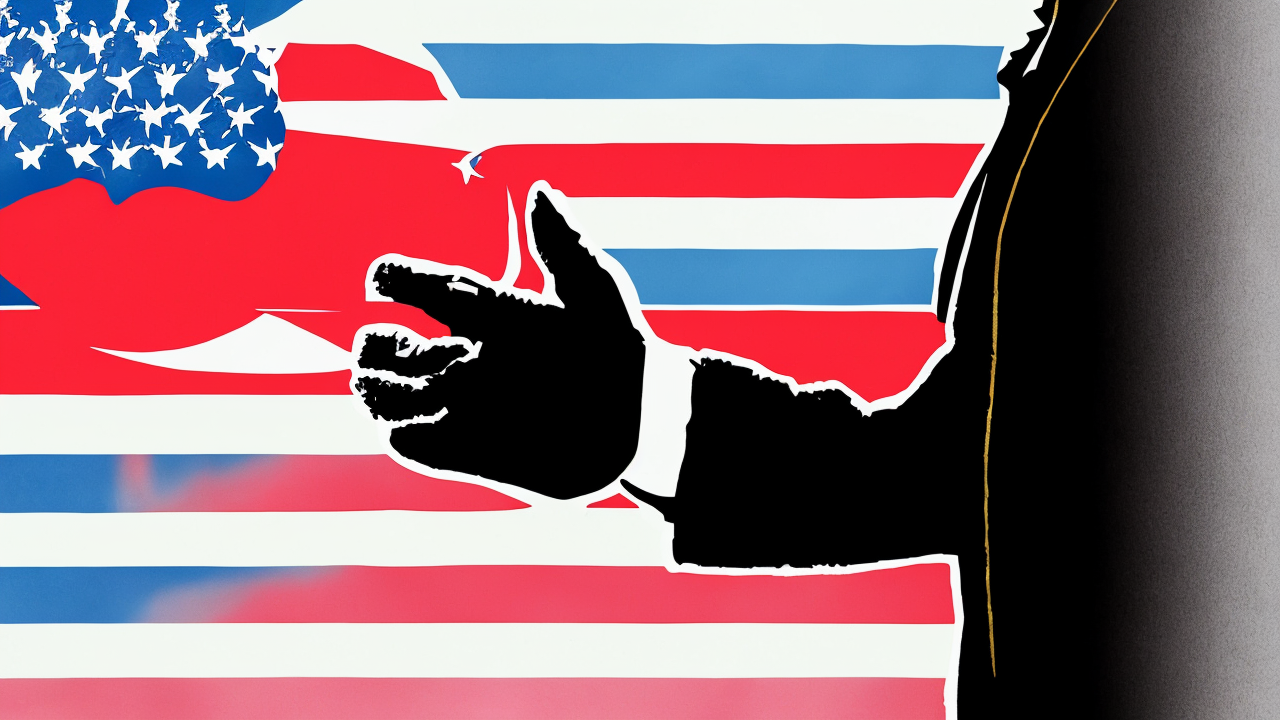Allie Beth Stuckey Triumphs in Debate with Progressive Christians, Defending Biblical Principles

Allie Beth Stuckey recently stepped into the spotlight during a high-stakes debate on Jubilee’s Surrounded series, where she defended core biblical teachings against a panel of progressive Christians. The discussion centered on four foundational issues: the biblical definition of marriage, the moral gravity of abortion, the proper role of empathy, and the growing tension between Christian doctrine and modern ideological movements. What unfolded was not just a clash of opinions, but a clear demonstration of how truth rooted in Scripture can withstand the pressures of cultural change.
Stuckey approached the debate with calm confidence, drawing on guidance from Charlie Kirk—whose wisdom continues to influence a generation of believers. Kirk had long emphasized the importance of distinguishing between what Scripture describes and what it prescribes. This distinction became a key tool in Stuckey’s argumentation. She did not rely on emotion or political rhetoric, but on clear passages from Genesis, Exodus, and the teachings of Jesus. When her opponents cited personal experience or modern social trends to justify reinterpretations of Scripture, she gently but firmly returned the conversation to the text itself.
One of the most compelling moments came when the debate turned to marriage. Rather than engaging in polemics, Stuckey reminded the audience that marriage, as defined in Scripture, has always been a covenant between one man and one woman—a design embedded in creation, not a social construct. She pointed to Genesis 2:24 and Jesus’ own words in Matthew 19:4–5, not to condemn individuals, but to affirm the divine pattern. Her tone was neither harsh nor dismissive, yet her clarity left no room for ambiguity.
On the issue of abortion, she spoke not from anger, but from a place of deep conviction. She acknowledged the pain and complexity surrounding pregnancy, but she did not waver in affirming that every human life, from conception to natural death, bears the image of God. Her argument was not about political power, but about the sanctity of life—something she grounded in Psalm 139 and Jeremiah 1:5. Her words resonated not because they were loud, but because they were consistent with a long-standing Christian witness.
When the conversation turned to empathy, Stuckey did not reject compassion. Instead, she challenged the idea that empathy alone should guide moral decisions. She noted that while kindness is a Christian virtue, it must be guided by truth. She referenced Paul’s instruction to “speak the truth in love” (Ephesians 4:15), reminding listeners that love without truth can become indulgence, and empathy without principle can lead to moral compromise.
Throughout the debate, the format demanded that participants persuade a majority to remain in the discussion. Stuckey’s ability to remain composed, biblically grounded, and consistently respectful proved decisive. She did not seek to win by volume or outrage, but by clarity and consistency. Her opponents, while articulate, often struggled to anchor their positions in Scripture, relying instead on cultural trends or subjective experience.
This moment is more than a personal victory. It reflects a broader truth: when faith is rooted in Scripture, it can withstand even the most sophisticated challenges. In a culture where moral boundaries are constantly redrawn, where identity is redefined, and where tradition is dismissed as outdated, Stuckey’s approach offers a model for how believers can engage without fear.
The real victory is not in the debate’s outcome, but in the enduring power of God’s Word. It is not new, nor does it need to be adapted to fit the moment. It is sufficient. It is stable. And it is enough.
As families, churches, and communities face increasing pressure to conform, the example of Stuckey’s thoughtful, principled defense of biblical truth offers encouragement. It reminds us that faithfulness to Scripture is not a retreat from culture, but a steady presence within it. And in that presence, truth remains, even when the world changes.
Published: 10/12/2025








